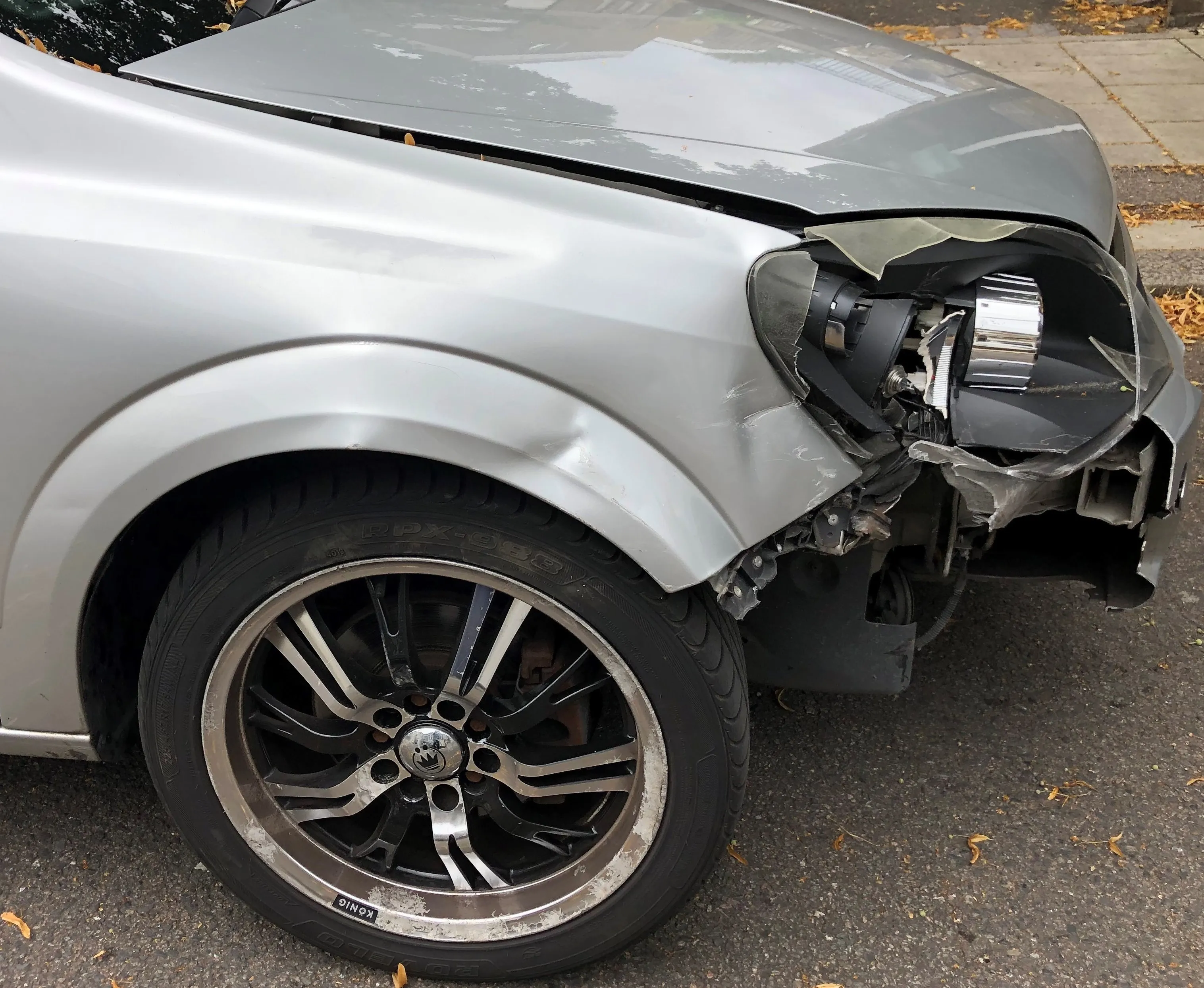German automotive supplier Continental and BMW Group are pooling their development capacities to define the long-term prerequisites for series introduction of highly automated driving on European freeways. The two companies have signed an agreement to jointly develop an electronic co-pilot for this purpose, with the aim of paving the way to automated driving functions beyond the year 2020. “Automated driving is a key element in future mobility. It will significantly enhance safety, comfort and efficiency on
February 27, 2013
Read time: 3 mins
German automotive supplier 260 Continental and 6419 BMW Group are pooling their development capacities to define the long-term prerequisites for series introduction of highly automated driving on European freeways. The two companies have signed an agreement to jointly develop an electronic co-pilot for this purpose, with the aim of paving the way to automated driving functions beyond the year 2020.
“Automated driving is a key element in future mobility. It will significantly enhance safety, comfort and efficiency on the roads,” said Dr Elmar Degenhart, chairman of the executive board of Continental. “In collaboration with the BMW Group, we will work out an overarching technical concept that enables highly automated freeway driving in a way that is safe, attractive, and affordable for end customers. We are enriching the project with our systems expertise in the areas of vehicle safety, driver information, and powertrain technology,” he added.
“The joint research project with BMW Group addresses the enormous need for the kind of R&D required to realise the vision of automated driving. After all, driving cannot be automated overnight. It is, much more, a gradual process, stretching out over a period of over ten years," Degenhart continued.
The cooperative project between the two organisations runs through to the end of 2014, during which time several prototype test vehicles equipped for automated driving are to be built. The research prototypes will then be made available to a select team of trained test participants. Employing close-to-production technology, testing will involve analysing automated driving functions not only on German freeways but on freeways in other European countries. The tests will cover all the challenges freeways pose, such as interchanges, toll plazas and roadworks.
As research partner, Continental will contribute to several areas of the project. The company will provide the driving environment sensor systems needed to operate the test vehicles, for example. The aim here is to create a high-performance model of the vehicle environment. This will involve the use of both long-range radar and camera systems already in series production at Continental.
To ensure incident-free use of the test fleet at all times, Continental will develop a safety architecture that allows for stable operation of test vehicles even if malfunctions occur. In addition to helping with the construction of the test vehicles, the company will play a key role in defining both the functional and the electrical/electronic architecture (E/E architecture). Continental will be involved in the development of functions and in conducting the necessary backend research under BMW Group's guidance.
“Automated driving is a key element in future mobility. It will significantly enhance safety, comfort and efficiency on the roads,” said Dr Elmar Degenhart, chairman of the executive board of Continental. “In collaboration with the BMW Group, we will work out an overarching technical concept that enables highly automated freeway driving in a way that is safe, attractive, and affordable for end customers. We are enriching the project with our systems expertise in the areas of vehicle safety, driver information, and powertrain technology,” he added.
“The joint research project with BMW Group addresses the enormous need for the kind of R&D required to realise the vision of automated driving. After all, driving cannot be automated overnight. It is, much more, a gradual process, stretching out over a period of over ten years," Degenhart continued.
The cooperative project between the two organisations runs through to the end of 2014, during which time several prototype test vehicles equipped for automated driving are to be built. The research prototypes will then be made available to a select team of trained test participants. Employing close-to-production technology, testing will involve analysing automated driving functions not only on German freeways but on freeways in other European countries. The tests will cover all the challenges freeways pose, such as interchanges, toll plazas and roadworks.
As research partner, Continental will contribute to several areas of the project. The company will provide the driving environment sensor systems needed to operate the test vehicles, for example. The aim here is to create a high-performance model of the vehicle environment. This will involve the use of both long-range radar and camera systems already in series production at Continental.
To ensure incident-free use of the test fleet at all times, Continental will develop a safety architecture that allows for stable operation of test vehicles even if malfunctions occur. In addition to helping with the construction of the test vehicles, the company will play a key role in defining both the functional and the electrical/electronic architecture (E/E architecture). Continental will be involved in the development of functions and in conducting the necessary backend research under BMW Group's guidance.









